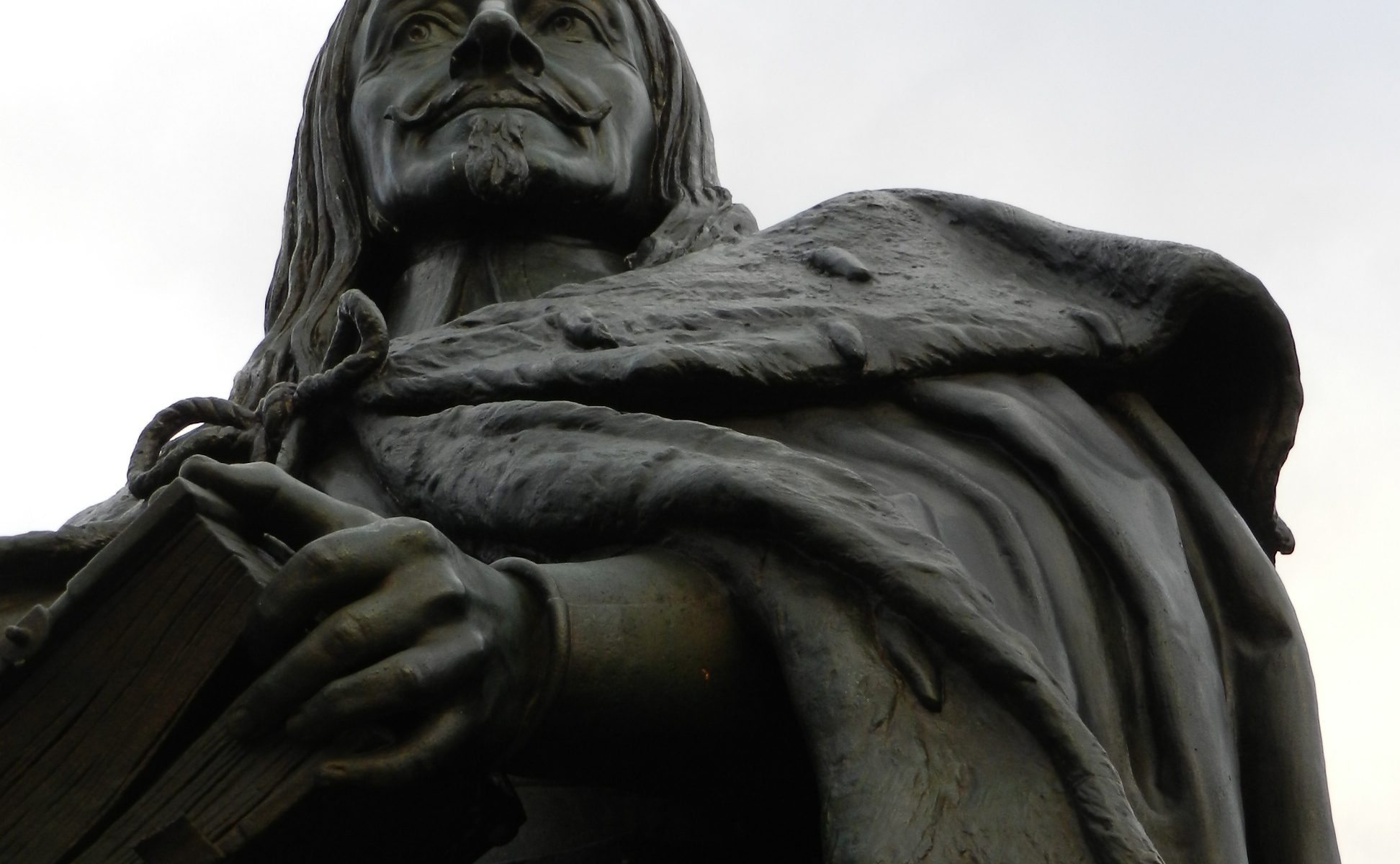Am Donnerstag, 19. Januar 2017, stellt Maria Fallica (Rom) ihr Forschungsprojekt „Origen, the Spirit and the Letter. Victorinus Strigel’s Loci and the Allegorical Interpretation of the Scripture„ vor, welches sie im letzten Jahr in Gotha im Rahmen eines Herzog-Ernst-Stipendiums bearbeitete. Beginn ist um 17.45 Uhr. Interessierte Zuhörer sind herzlich willkommen. Der Vortrag findet in englischer Sprache im Seminarraum des Forschungszentrums (“Pagenhaus”) auf Schloss Friedenstein statt.
Hier eine kurze Einführung:
What is the real content of the Gospel? Who has the authority to interpret the Scriptures? Is there still a place for the Fathers of the Church in the relationship between the believer and the Word of God? The Reformation of the 16th century gave different and compelling answers to these questions, transforming the history of exegesis and the role of the Church Fathers in the biblical hermeneutic.
Origen of Alexandria, the ecclesiastical writer of the 3rd century, is the ideal subject for the study both of the status of Church Fathers in the Early Reformation and for the understanding of the Lutheran exegesis of the Bible. Despite the audacity of his thought and the late condemnations as heretic, Origen had a deep influence on the history of the Biblical exegesis. This influence was attacked and denounced by Martin Luther and Philipp Melanchthon as the source of the allegorical corruption of the Church. Victorinus Strigel, Melanchthon’s pupil in Wittenberg, best known for his debate on the original sin with Matthias Flacius Illyricus, gives in his Loci Communes an effective, contextualized and not yet studied sketch on the subject, which is the case study of this presentation.
Maria Fallica is a Ph.D. candidate at the University of Rome La Sapienza, currently finishing her dissertation on “Clement and Origen of Alexandria in the Patristic Anthologies of the 16th Century. Philology and Hermeneutic at the Dawn of the Reformation”.
Zur Ankündigung

